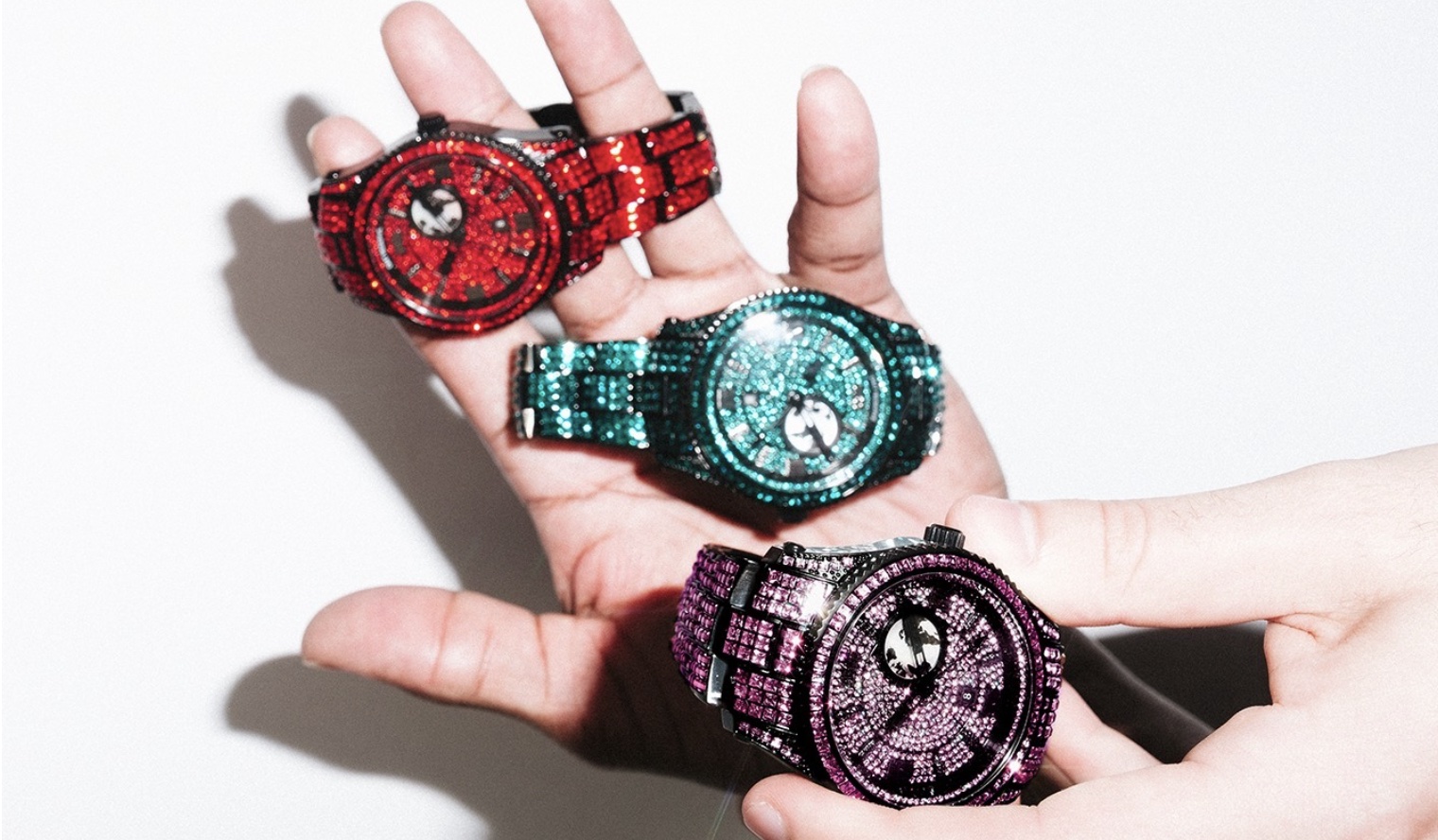Engineers have developed a robot that can detect whether people are wearing a mask to guard against COVID-19 and, if not, politely remind them to put one on.
The feature is an upgrade of Pepper, a 120 centimetre (47 inch) high robot with human-like features that is already in operation in some countries welcoming visitors to shops, exhibitions and other public spaces.
Pepper’s camera scans the faces of people approaching it, and if it detects the lower half of their face is uncovered, it pronounces the phrase: “You have to always wear a mask properly.”
If it sees that the visitor then puts on a mask, the robot follows up with the phrase: “Thank you for having put on your mask.”
The idea is not to have a robot police whether people are wearing masks, but to provide a friendly reminder, said Jonathan Boiria, head of sales in Europe for SoftBank Robotics, the company behind Pepper.
“Shops have to assign people at the entrance, a lot of people, to ensure respect for the wearing of masks, and sometimes that is a stretch,” Boiria told Reuters in Paris.
“A robot allows you to free up some people so they can focus on their normal tasks.”
“We’re all human. Sometimes I take off my mask when I get off the bus and I forget to put it back on when I arrive at the office. The robot provides a reminder. We can all get it wrong or forget.”
© Thomson Reuters 2020






